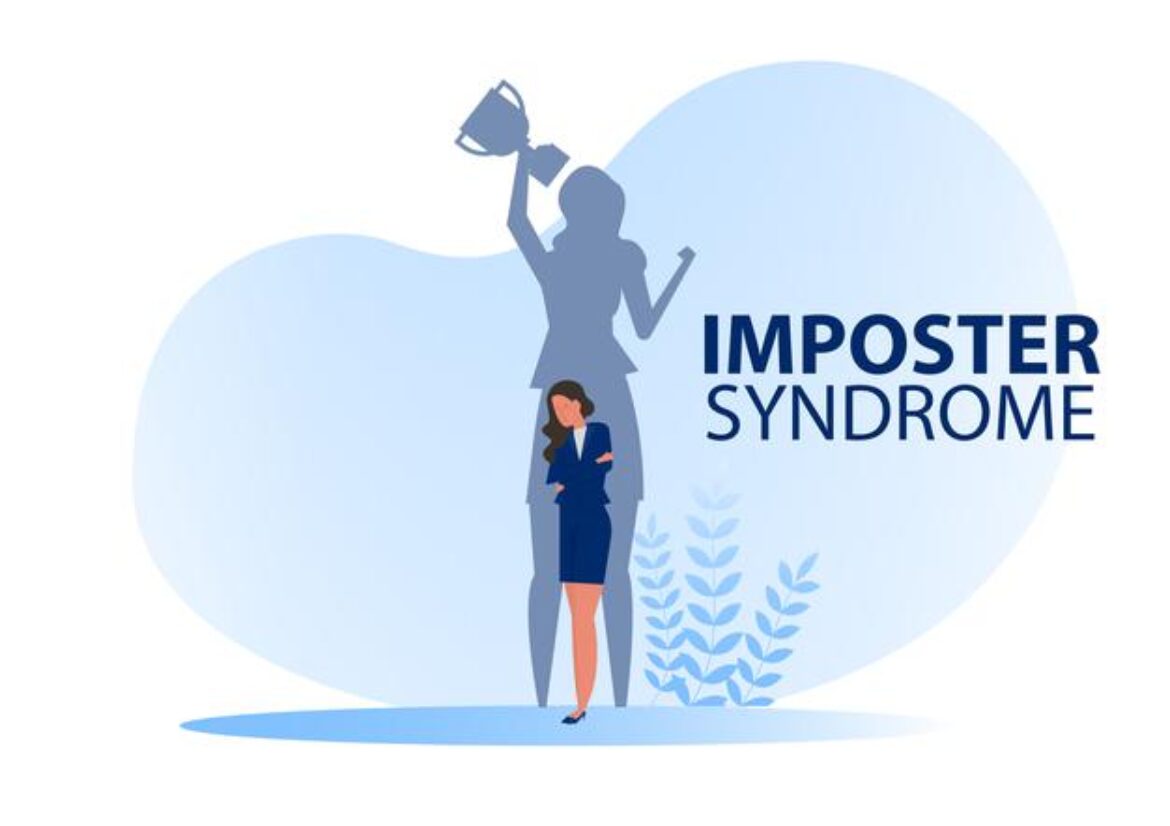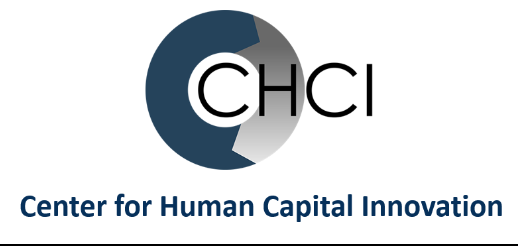
Imposter Syndrome
Do you think that your work must be 100% perfect, 100% of the time? Or that you haven’t truly earned your position? Does your confidence take a plunge when you suffer a setback?
You are not alone. 70% of the U.S. population has experienced this feeling, which is known as impostor syndrome.
According to the Merriam-Webster Dictionary, impostor syndrome is commonly understood as a false and sometimes crippling belief that one’s successes are the product of luck or fraud, rather than skill.
Now that we understand what imposter syndrome is, let’s review the five types of imposter syndrome:
- The Perfectionist: The perfectionists set exceedingly high goals for themselves. When they fail to accomplish that goal, they experience self-doubt and worry about measuring up. Success for them is rarely satisfying because they think could’ve done even better.
One way to manage the Perfectionists is to remind them that mistakes are a part of the process and progress is more important than perfection.
- The Superwoman/Man: The Superwomen/men are addicted to the accolades and validation of working, rather than the actual work itself. This constant workload potentially harms their mental health, as well as their working relationships.
One approach to managing Superwomen/men is to help them find their own internal validation and reframe failures as learning opportunities.
- The Natural Genius: Natural Geniuses judge their competence based on the ease and speed of doing a task, rather than the efforts involved. They feel ashamed if they take a long time to master something because they believe they should get things right the first time.
The Natural Genius needs help seeing that success is made of many small steps over time. Remind them to celebrate the small accomplishments which are a part of the bigger goal.
- The Soloist: Soloists feel that asking for help reveals their faults so prove their worth by refusing assistance.
One antidote is asking Soloists to work in team environments, showing them that each team member has a unique set of skills to learn from.
- The Expert: The Experts measure their competence on the basis of “what” and “how much” they know or can do. They believe they will never have enough knowledge and will eventually be exposed as inexperienced and lacking skills.
The Experts benefit from realizing that no one knows every answer and there is always more to learn.
Organizational Role in Imposter Syndrome
We’ve discussed the individual aspects of imposter syndrome. How does organizational culture contribute to imposter syndrome?

Organizational norms and behaviors can add to imposter syndrome. Some examples include working environments where praise is never given and leaders expect perfection, so employees feel that they constantly need to prove themselves. Another example is employee favoritism.
Here are a few tips to handle imposter syndrome in your organization:
- Keep reminding team members that they are competent enough for the roles assigned to them.
- Avoid comparisons between team members and focus on the values each team member brings to the team.
- Shift the focus from performing to learning and reframe failure as a learning opportunity.
Instead of hiding behind the fears of failure, we all need to face them, overcome them, and learn from them. The best way to defeat the imposter syndrome is to change the workplace environment.
How often have you encountered imposter syndrome? How were you able to move forward? Share your thoughts and leave your comments below, send us an email, or find us on Twitter.

